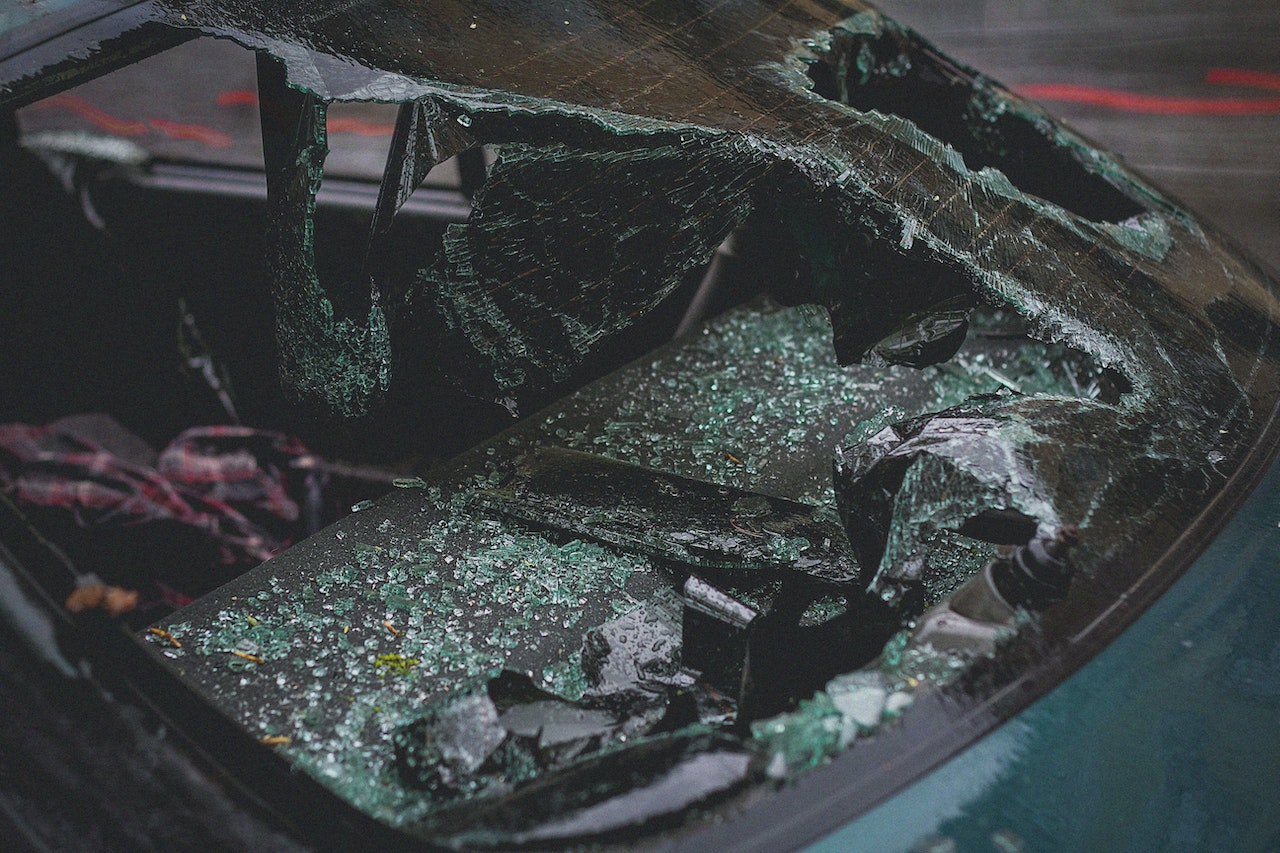If you have been injured in a motor vehicle accident, it is important to know about the Statutory Accident Benefits Schedule (SABS). Anyone injured in a collision in Ontario is eligible for accident benefits under the SABS.
This article introduces the types of statutory accident benefits to which you may be entitled. However, it is vital to speak with an experienced personal injury lawyer as soon as possible after an accident to determine your accident benefits eligibility.
What is the Statutory Accident Benefits Schedule?
The Statutory Accident Benefits Schedule is a regulation under Ontario’s Insurance Act. The coverage set out in the regulation is provided by law under every auto insurance policy. These benefits provide compensation, regardless of fault, if you, your passengers, or pedestrians are injured or die due to your accident.
The benefits provide coverage beyond the Ontario Health Insurance Plan (OHIP) and are paid by the insurance company. They can help you deal with an accident’s physical and financial fallout.
It is important to note that in some cases, your insurance company is not required to pay certain benefits – for example, if you were driving without valid insurance or a driver’s licence.
Types of statutory accident benefits
The benefits and amounts payable depend on the injuries and impairments sustained and the insurance policy purchased.
Injuries are classified as either “minor” or “catastrophic” (or may fall somewhere in the middle, sometimes referred to as “non-catastrophic” or “non-minor” injuries). These categories affect the type and level of benefits available.
Ontarians may also purchase different option benefits to increase their coverage or change eligibility requirements.
Income replacement benefits
This benefit may compensate you for lost income. Under the standard policy, if you cannot return to work due to the injuries you sustained in a car accident, you may qualify to be paid at 70% of your gross income to a maximum of $400 per week.
In order to qualify, you need to have suffered a substantial inability to perform the essential tasks of your employment. You also need to be:
- employed or self-employed at the time of the accident;
- employed for at least 26 weeks during the 52 weeks before the accident; or
- receiving EI benefits at the time of the accident.
Non-earner benefits
Alternatively, if you do not qualify for an income replacement benefit (or a caregiver benefit) and you are completely unable to carry on a normal life as a result of the accident, you may be eligible to receive a non-earner benefit. This is a weekly amount of $185.
Caregiver benefits
Under the standard policy, if you sustained a catastrophic injury and were the unpaid primary caregiver residing with a person in need of care, you may be eligible for the caregiver benefit if you can no longer engage in the caregiving activities. This benefit helps with the expense of hiring someone to perform caregiving duties. It is up to $250 per week for the first person in need of care and $50 per week for each additional person in need of care. Finally, you can only receive this benefit if you are not receiving the income replacement or non-earner benefit.
Medical and rehabilitation benefits
OHIP will cover some of your medical care, but possibly not everything that you need. Under the medical benefits, the insurer must pay reasonable and necessary expenses incurred as a result of the accident for a list of medical services and goods, including dental and optometric services, medication and assistive devices.
Rehabilitation benefits cover reasonable and necessary expenses incurred for the purpose of reducing or eliminating the effects of any disability resulting from the impairment or to facilitate the person’s reintegration into his or her family, the rest of society and the labour market, such as life skills training and employment counselling.
Under the standard policy, there are different limits for the sum of medical and rehabilitation benefits for minor, non-catastrophic and catastrophic injuries.
Attendant care benefits
This benefit may compensate you for some of the expense of an aide, attendant, long-term care facility or a chronic care hospital to assist you with personal care. It is not available for minor injuries and there are different maximum amounts per month for non-catastrophic and catastrophic injuries.
Payment of other expenses
This benefit may cover some other expenses such as the cost of visiting an insured person during treatment or recovery, the repair or replacement of some items lost or damaged in the accident and some lost educational expenses. It may also pay for some housekeeping and home maintenance if you sustain a catastrophic impairment.
Death and funeral benefits
If an insured person dies as a result of an accident, a death benefit may pay money to some members of their family, including the person’s spouse, dependants and people they were obliged to support under a domestic contract or court order.
Insurers are also required to pay a funeral benefit for funeral expenses incurred.
Contact the Personal Injury Lawyers at Tierney Stauffer LLP About Your Accident Benefits Insurance Claim
Dealing with an insurance company after you have been injured in an accident can be frustrating and time-consuming. There are time limits that you need to comply with. The personal injury lawyers at Tierney Stauffer LLP will give you the advice you need to settle your accident insurance claim successfully so that you can recover financially and move on with your life. Please reach out to us by telephone at 1-888-799-8057 or contact us online to set up a free consultation with a member of our team.
